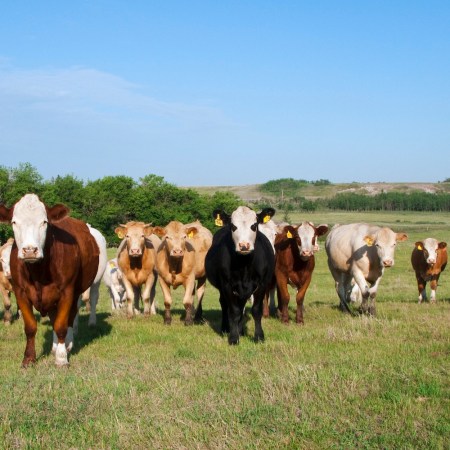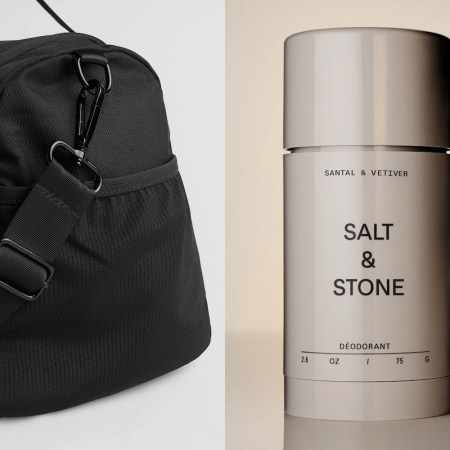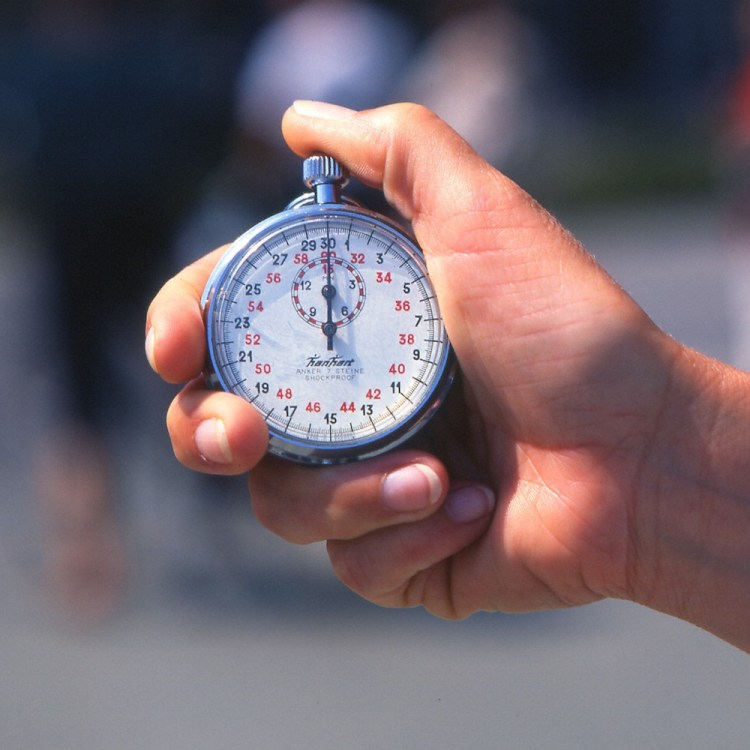According to a study from researchers at the Australian Institute of Sport, a diet low on carbs and high on fats could adversely affect the efficiency of endurance athletes. The research — led by scientist Louise Burke — was published recently in academic journal PLOS One and reported by Outside, and if the findings sound familiar, it’s because Burke’s team reached the same conclusion in a separate study three years ago. For years, the health and fitness community has just been reticent to believe it.
That original study was entitled Supernova, so this time around, Burke dubbed her project Supernova 2. The research encourages a reexamination of the relationship between a ketogenic diet and long-distance exercise, particularly running. For almost three decades, the low-carb, high-fat keto diet (LCHF) has been relied on as a fat-burning catalyst. Supernova 2, like the original Supernova study, confirms this. When athletes consume a diet of 75 percent fat and less than 50 grams a day of carbohydrates (that’s essentially two bananas), they do burn fat at an accelerated rate.
But less fat doesn’t exactly mean better race times. Burke’s study displays that when the body reaches an advanced stage of fat-burning, and doesn’t have any carbohydrates to burn at all, it becomes less efficient. It needs more oxygen to increase intensity in “shorter” bouts (think any race that clocks in under four hours), and will struggle as a result.
The health world didn’t know how to react to this news in 2017, so it made a point to poke holes in the design of Burke’s study, which pitted an LCHF group against a high-carb group. This time around Burke made some modifications; she made sure that every participant raced at the same time, and added a second race weeks after the first to check for delayed results. Across the board, it was clear: the fat-burners needed more oxygen to get through their races. Those who ate tons of carbs got faster.
Kudos to Burke for sticking by her original findings, and proving them with reliable data twice now. If you’re a runner, meanwhile, don’t skip the carbs. Loading up the night before is a bit of a myth at this point, but maintaining a steady carbohydrate-rich diet, populated with whole-grains and few preservatives, should help your training along.
Subscribe here for our free daily newsletter.
The Charge will help you move better, think clearer and stay in the game longer. Subscribe to our wellness newsletter today.



















